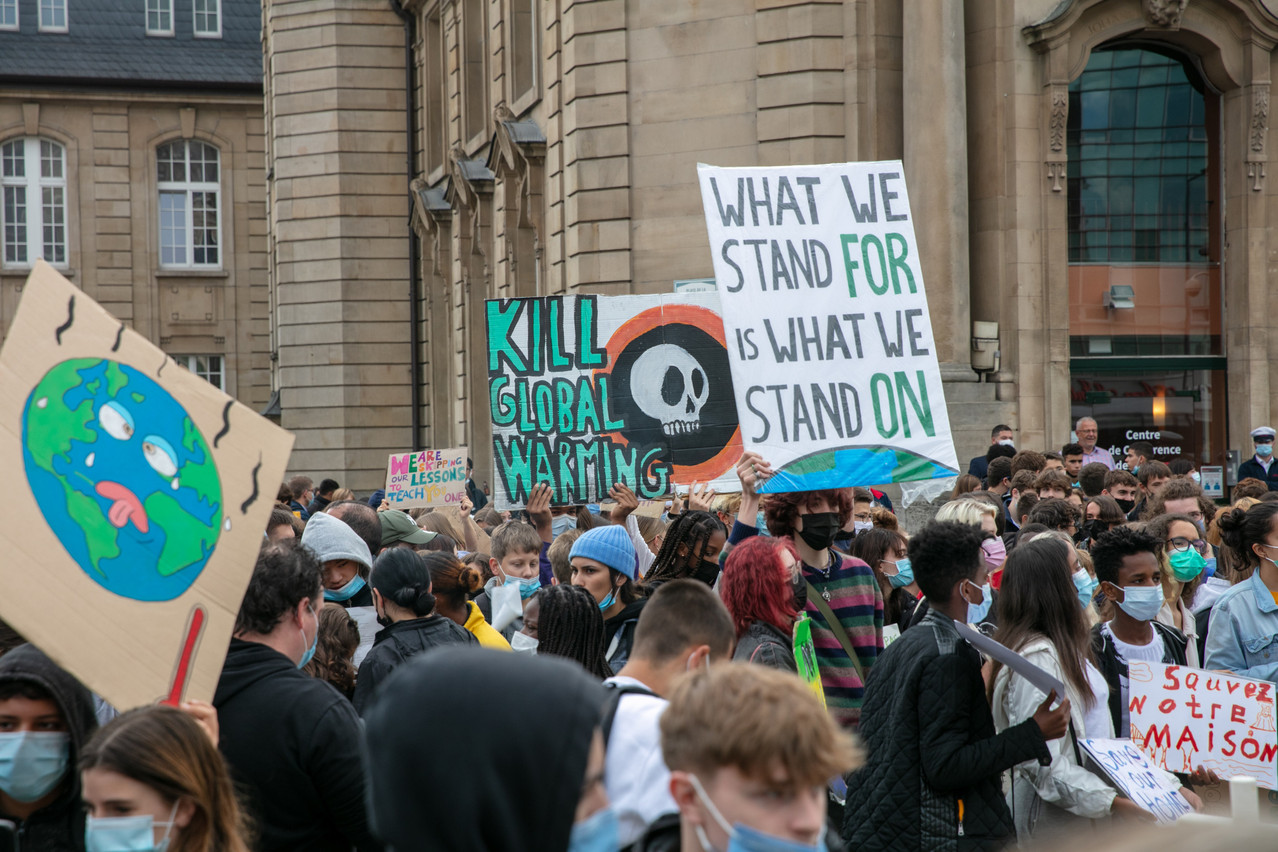Prime minister Xavier Bettel (DP) had announced the council during his speech last October. Its members met for the first time .
“The members have met about 21 times so far,” a spokesperson for the prime minister’s office said in an email. This included the kick-off event as well as three working weekends, study visits and debates with experts.
The climate council includes 60 members and 40 substitutes. More than 1,120 people had signed up to the initiative. Analytics company TNS Ilres was charged with putting together a representative group, including criteria such as age, sex, nationality, education level and profession but also opinions on climate change.
Experts and scientists are supporting the council.
During the working weekends, members of the council meet in a plenary to then split up into smaller groups and re-convene to discuss their ideas and proposals, the spokesperson explained. All 60 members are invited. “On average the actual attendance is around 53 members.”
For organisational reasons, field trips are limited to 15 to 20 people. “The debates are also open to all 100 members and usually 60 to 70 members actually attend.”
So far, four full members have decided to leave the council, but they have been replaced with their substitutes leaving the number of full members at 60. One substitute member has also abandoned the project.
“Modern policy-making”
at the start of the year, energy minister Claude Turmes called it “modern policy-making that engages citizens.” Turmes previously led a citizen consultation on infrastructure and spatial planning, which is set to host a closing event later this week.
Initially, the council was due to submit its first results before the summer. The policy proposals will form part of a review of Luxembourg’s national energy and climate plan. This plan--which must be submitted to Brussels by all EU member countries--sets out emission targets for different sectors and how to reach them.
“The decision was taken this weekend to submit the proposals in mid/end of September,” the ministry spokesperson told Delano. The proposals will be debated in parliament although the prime minister previously warned that not all suggestions might be able to be implemented.
“Science tells us that we need to do more,” said environment minister Carole Dieschbourg (déi Gréng) at the January launch. Dieschbourg has since stepped down and was replaced by Joëlle Welfring.
Climate spending
Bettel, Dieschbourg and Turmes said that the council would help steer policy and show whether citizens are ready for more progressive measures than what the government has presented so far.
Luxembourg has pledged to reduce emissions by 55% by 2030 and become carbon neutral by mid-century. To get there, the construction sector will have to reduce emissions by 64% compared to 2005 by 2030. The transport sector will have to reduce emissions by 57%, with a 45% target for energy and other industry.
Some €1.8bn are budgeted for the implementation of the energy and climate plan over the coming years. Luxembourg is expected to on climate and environmental policy this year, with this amount rising to €975m by 2024, roughly doubling from 2019, when the government budgeted €445m on climate spending. The council will help determine how some of this money is spent.
